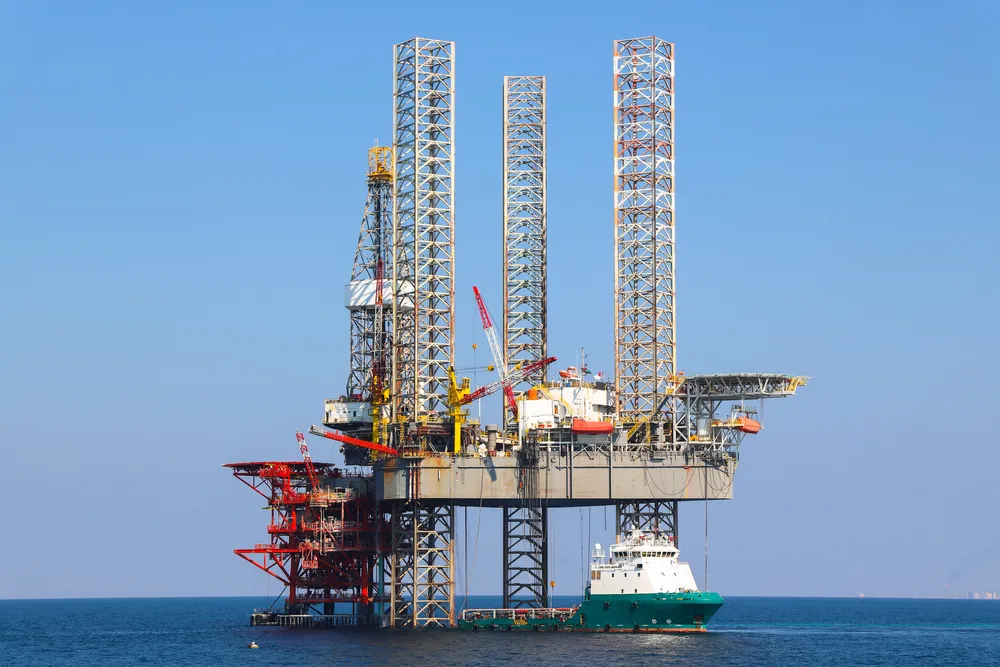Surface Production and Field Processing Facilities Course
Introduction:
The Surface Production and Field Processing Facilities training course adopts a comprehensive approach to oil and gas field processing at both onshore and offshore facilities. Participants will gain in-depth knowledge of the technological and operational aspects of surface production facility equipment.
The course aims to educate participants on traditional and modern methods for handling and treating oilfield production, particularly focusing on oilfield processing and surface facilities.
Objectives:
At the end of the Surface Production and Field Processing Facilities course, participants will be able to:
- Understand the formation of oil and gas and the chemical structure of fuels.
- Identify risk factors associated with offshore operations, horizontal wells, and safety concerns.
- Familiarize themselves with various methods of exploration, drilling, recovery, processing, and transportation of oil, gas, and their derivatives.
- Grasp the concepts of upstream, midstream, and downstream operations.
- Evaluate treatment technologies and processes, including produced water treatment and natural gas processing.
- Understand the stages of crude oil refining technology and their impact on refinery complexity and profitability.
- Perform maintenance on gas sweetening and physical solvents unit reactors.
Training Methodology:
- Theoretical Instruction
- Use of Real-Life Scenarios
- Field Trips
- Interactive Sessions
- Role Games
- Teaching of Practical Procedures
- Group Work
- Industry Experience Shared by Other Trainers
Course Outline:
Unit 1: Fundamentals of Reservoir & Drive Mechanisms
- Reservoir classifications
- Methods of studies
- Mechanisms of drive
- Methods of Enhanced Oil Recovery (EOR)
Unit 2: Fundamentals of Drilling, Completion & Well Performance
- Concepts of well drilling
- Drilling on a continental shelf
- Cessation tools
- Artificial lift mechanisms
Unit 3: Well Effluent Transportation, Flow-Assurance & Gas Hydrate Prevention
- Planning and construction of pipelines
- Lead flow assurance of multiphase flows and flow regimes
- Strategies to avoid hydrate formation and inhibitor actions
- Production of deep offshore gas condensate fields
Unit 4: Processes of Crude Oil Treatment
- Multi-stage separation (MSS)
- Foam management process
- Dehydration and desalting of crude oil
- Bio-refinery techniques for emulsions
- Crude oil sweetening process chemicals (Hydrogen sulfide removal)
Unit 5: Treatment of Produced & Injection Water
- Quality expectations for produced water
- Ecological limitations
- Types of oil-water separation equipment (e.g., plate types, flotation, hydrocyclone)
- Reasons and aims of water deposition into porous rock
- Quality and treatment options for produced water
Unit 6: Offshore Developments
- Sea-based sites for production
- Dispensing and loading vessels
- Fluids conditioning
- Preparative methods using snow and pigging approaches
Unit 7: Introduction to Corrosion
- Types of corrosion
- Corrosion control and monitoring techniques
Unit 8: Electrical Systems: Instrumentation and Process Control – Safety Systems
- Production of electrical energy
- Systems and devices for electrical energy distribution
- Structure of control loops for field instruments
- Distributed Control Systems (DCS)
- Safety Instrumented Systems (SIS): ESD, HIPS, fire, and gas systems
Unit 9: Metering & Allocation
- Allocation of production volume and metering
- Production volume accounting and material balance
- Fluid and gas transactional metering
- Multiphase metering: benefits, principles, and applications


















